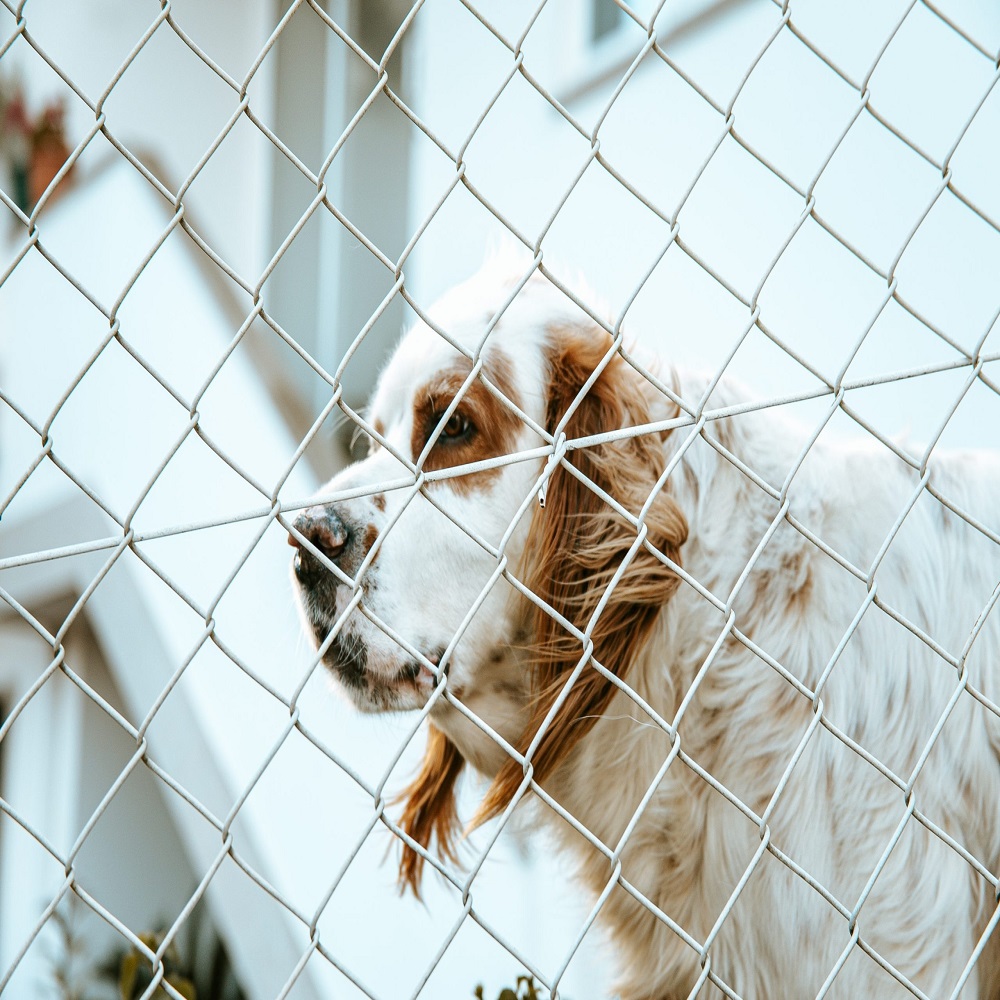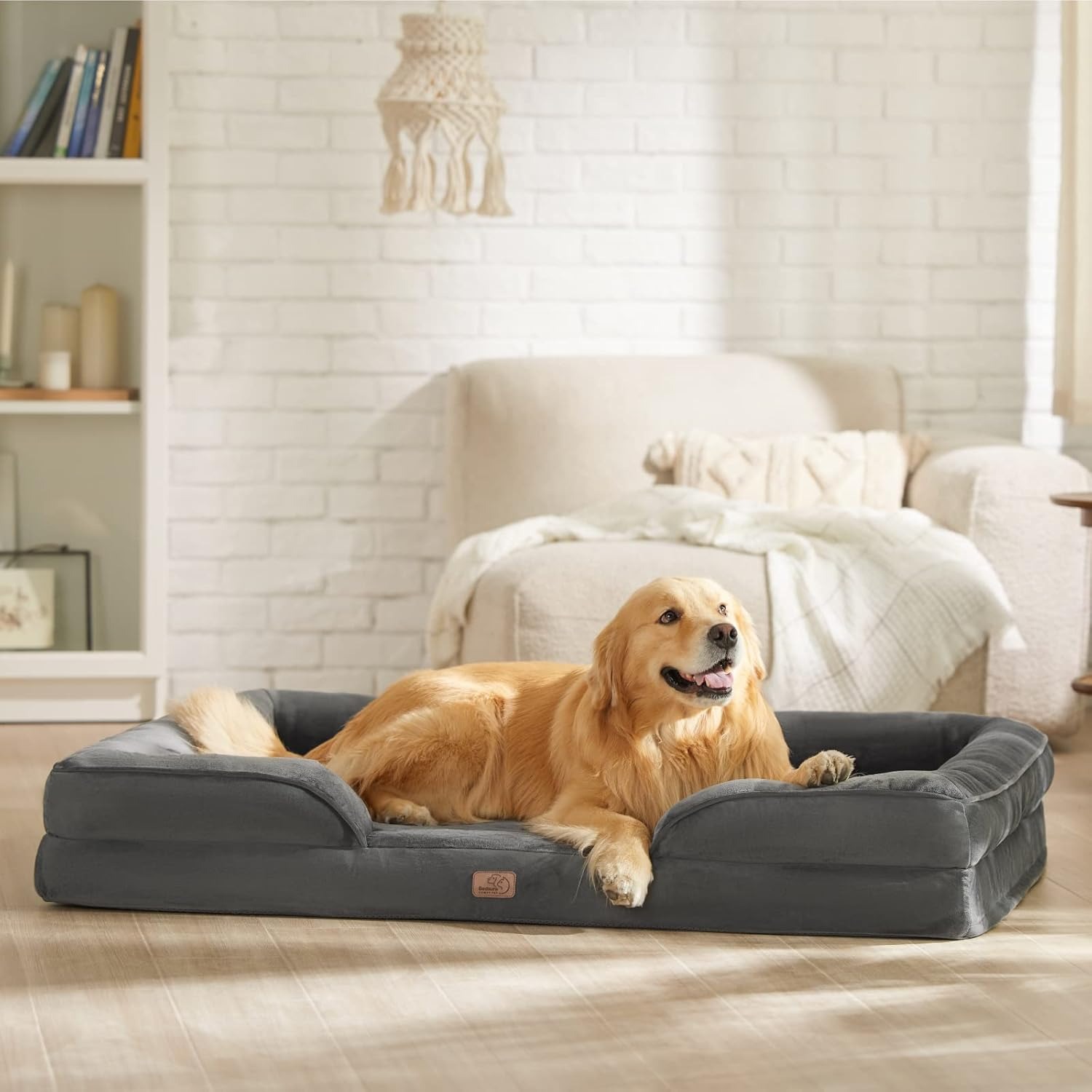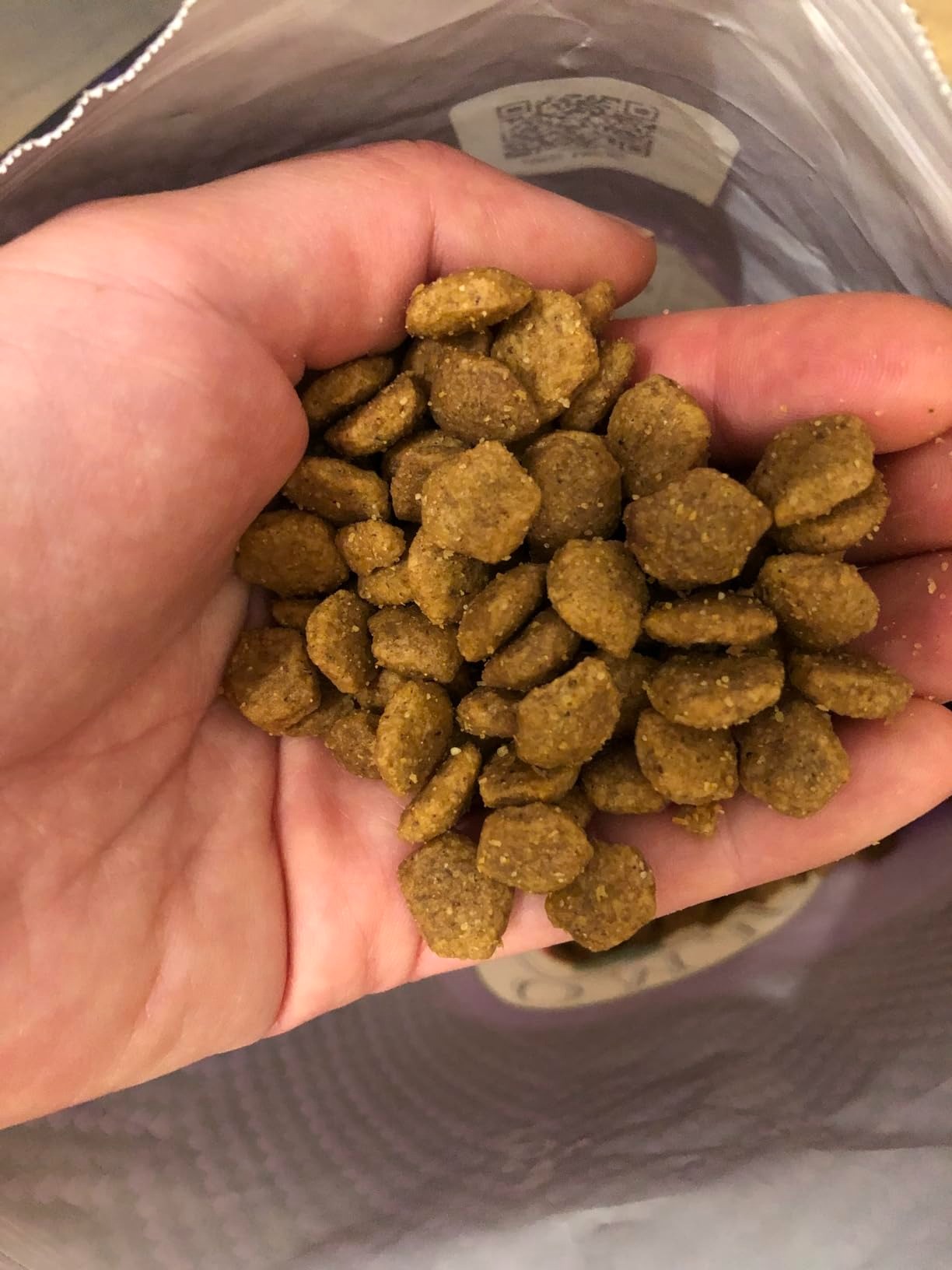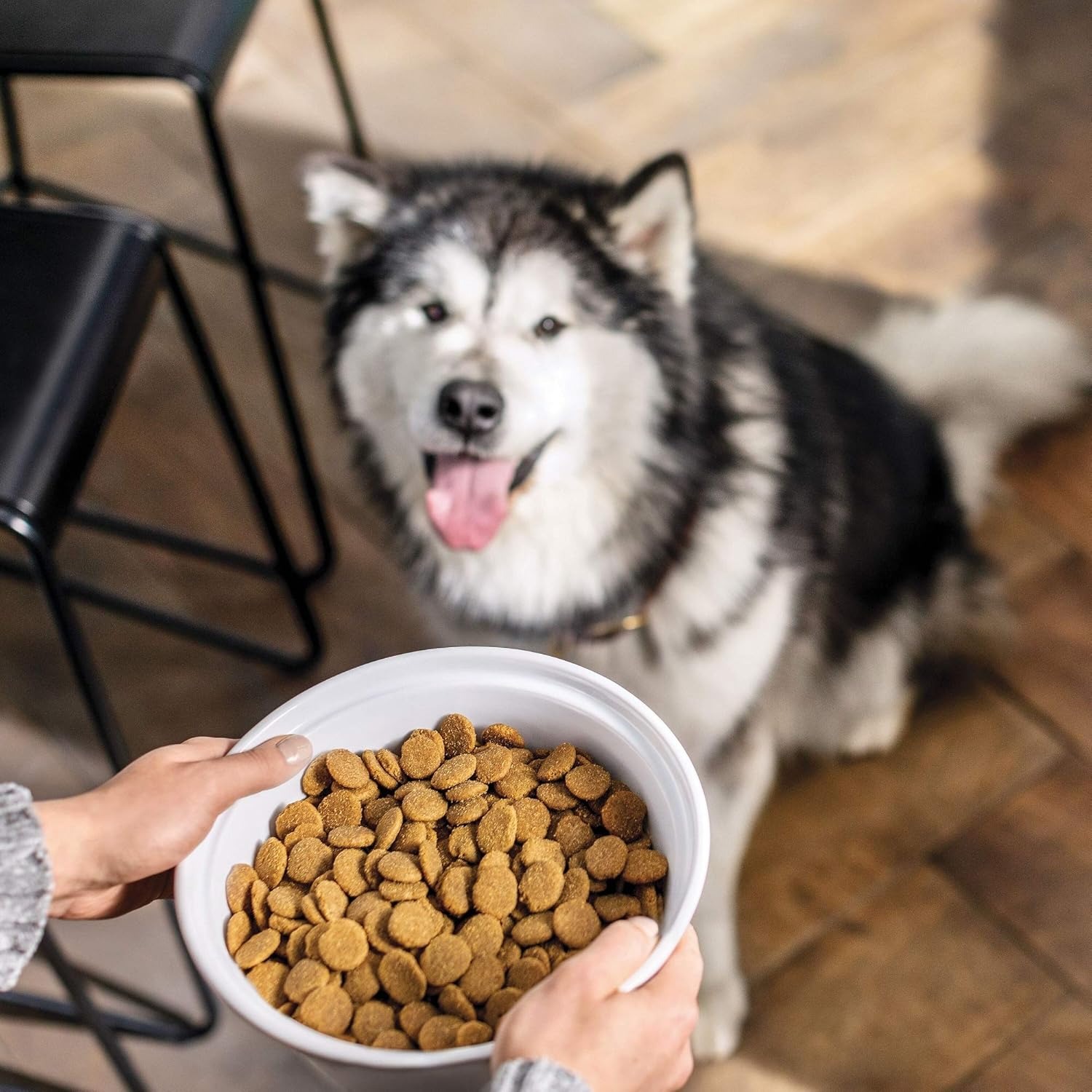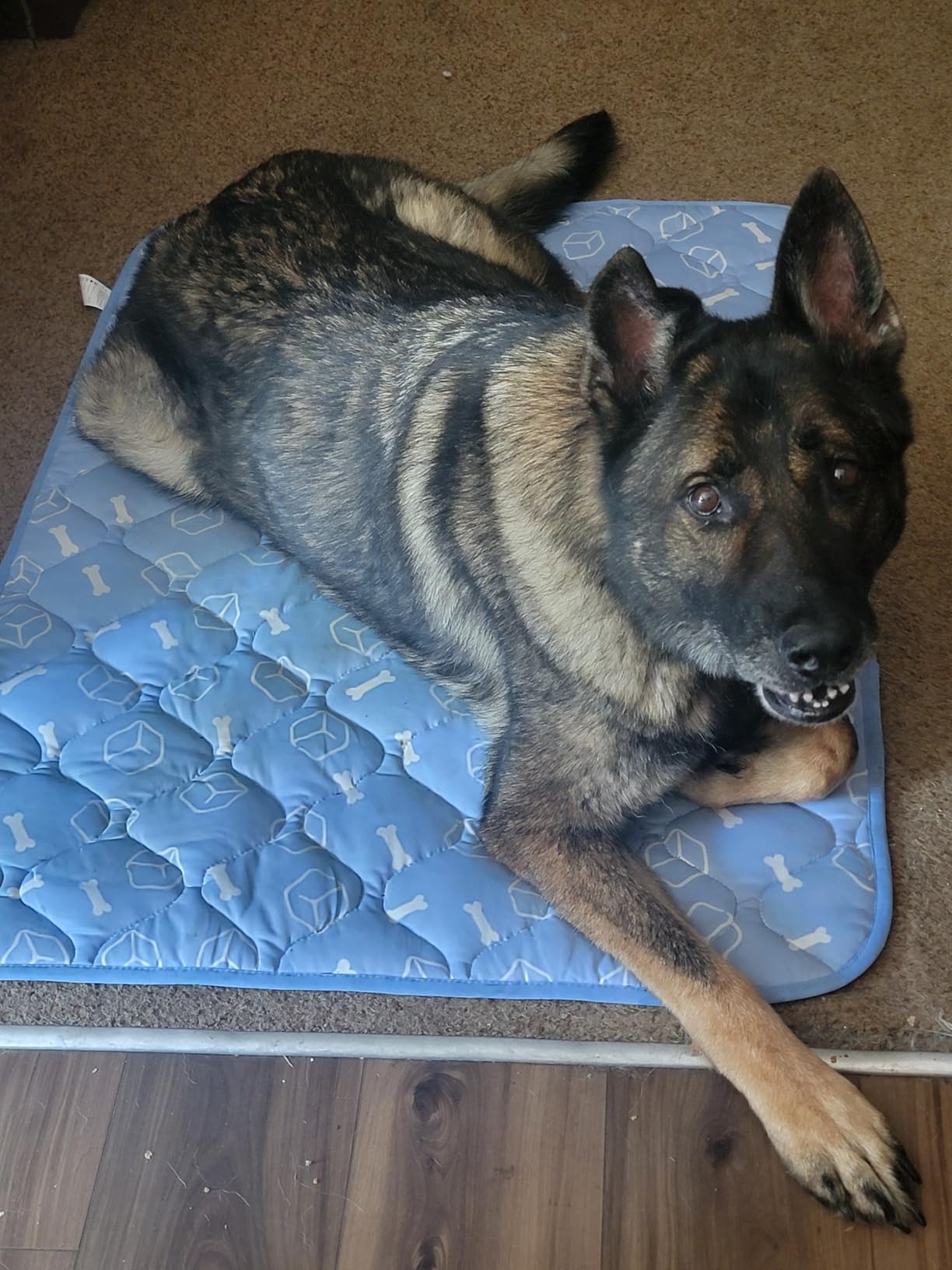What Is Kennel Cough?
Kennel cough is a respiratory infection in dogs. It’s highly contagious and spreads easily in areas where dogs gather.
Causes and Transmission of Kennel Cough
The infection is caused by various viruses and bacteria. It spreads through airborne droplets or contaminated surfaces. Common culprits include the parainfluenza virus and Bordetella bronchiseptica.
Common Symptoms in Dogs
The hallmark sign is a dry, hacking cough that may sound like honking. Other symptoms can include runny nose, lethargy, and reduced appetite. Dogs may also show signs of fever and nasal discharge.
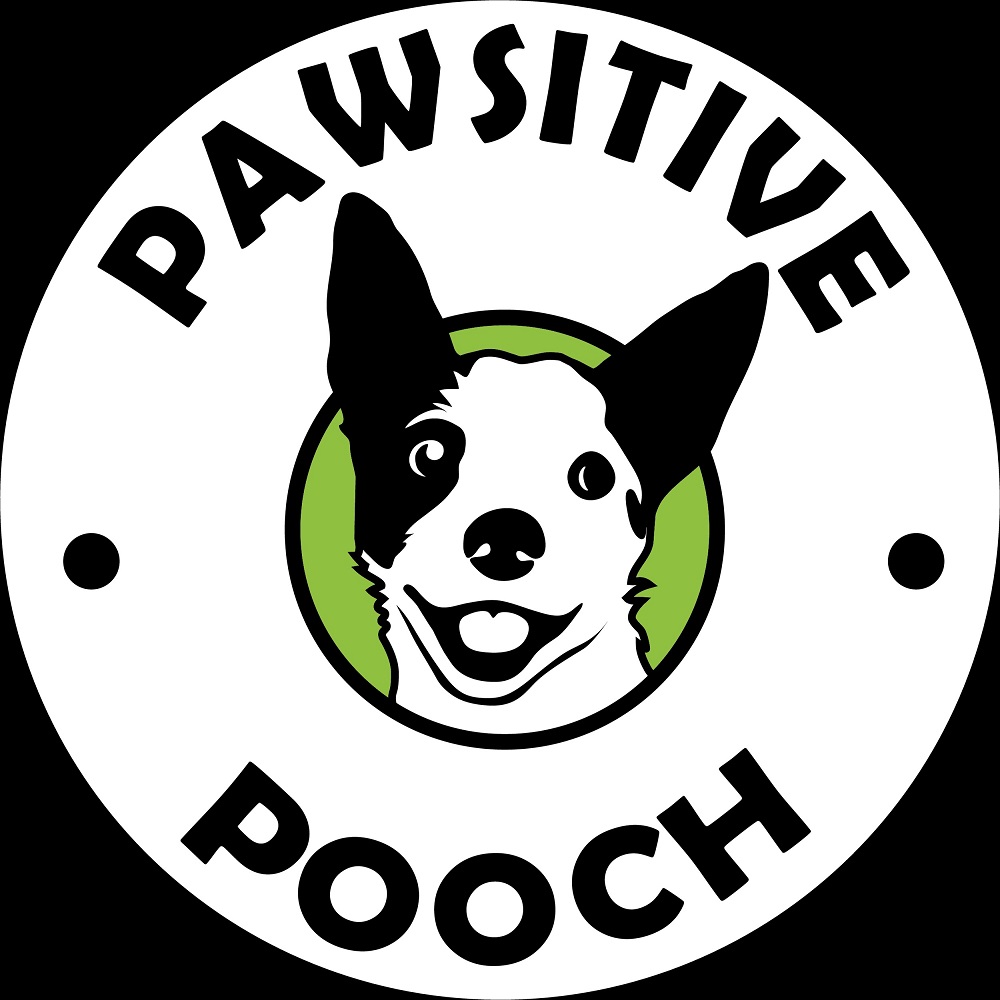
How Dogs Contract Kennel Cough
Kennel cough spreads through close contact among dogs. Group settings like dog parks and kennels are common places for transmission.
Contagiousness and Spread in Group Settings
When dogs are together, they often sniff, lick, and play. These interactions can pass on kennel cough. Shared water bowls and toys may also carry the infection.
Environmental Factors Contributing to Transmission
Areas with poor ventilation can increase the risk of kennel cough spread. Regular cleaning and disinfection of common objects can help prevent transmission.
Diagnosis and Clinical Signs
When dogs present with symptoms like a persistent cough, vets begin to suspect kennel cough. A dry, hacking cough is a clear sign. Vets look for this symptom when diagnosing kennel cough in canines.
Understanding the Kennel Cough Sound
A kennel cough has a unique sound. It’s a dry cough that might resemble a goose’s honk. This sound is a key clinical sign that helps vets identify kennel cough in dogs.
When to Seek Veterinary Care
If your dog shows signs like coughing, running nose, or lethargy, it’s time to see a vet. These symptoms, especially a honking cough, often mean your pet could have kennel cough. Early care can prevent more serious issues. See your vet if these signs do not improve or get worse.
Treatment Options for Kennel Cough
When a dog contracts kennel cough, treatment goals aim to reduce symptoms and prevent complications. Effective management often involves supportive care at home and, in some cases, medication.
Home Care and Supportive Treatments
For most cases of kennel coughs, home care is enough for dogs to recover. Owners should ensure:
- Quiet and comfortable rest for their dogs.
- Clean bedding and living spaces.
- Fresh water and nutritious food to support recovery.
- A harness to reduce throat irritation instead of a collar for walks.
In addition, using a humidifier can help ease breathing. Limiting exercise can also prevent triggering coughing fits. Always wash your hands and clean the dog’s items to avoid spreading the infection.
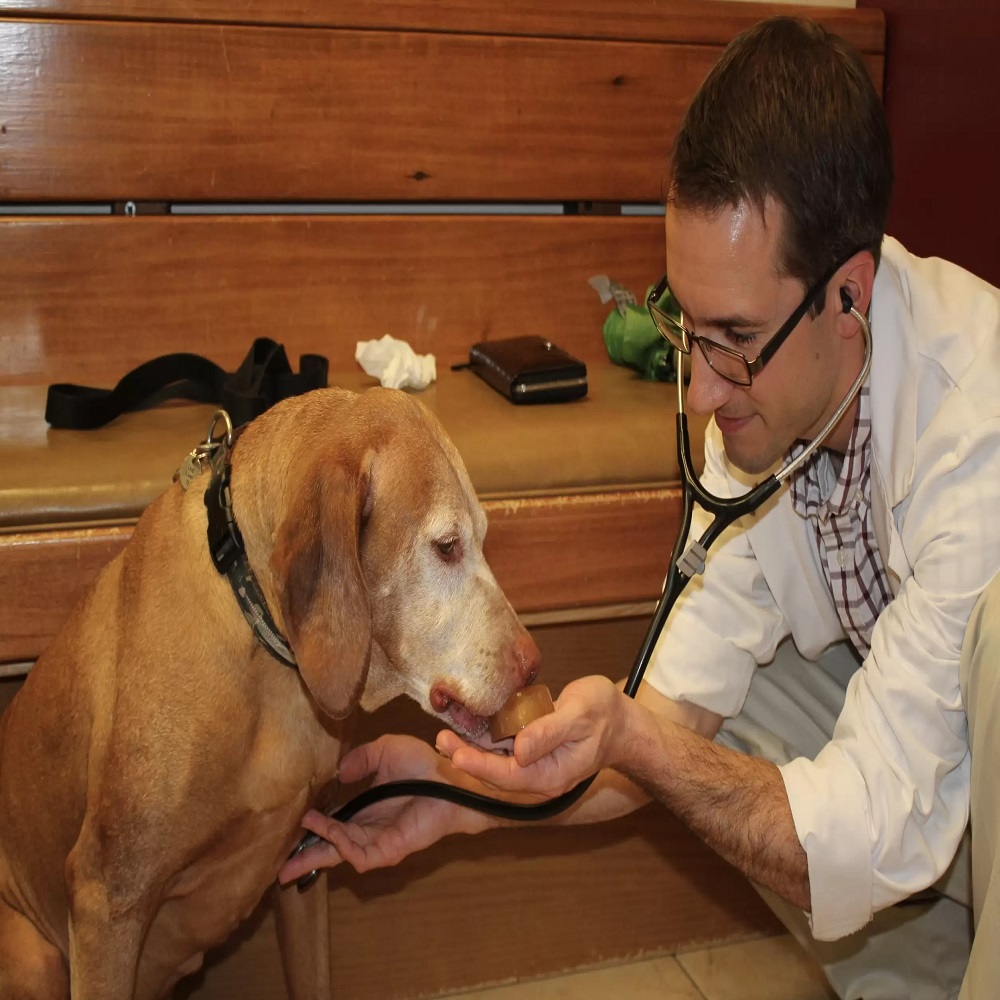
Potential Use of Antibiotics and Other Medications
Not all kennel coughs cases need antibiotics. However, if a vet prescribes them, it’s likely due to a bacterial infection. Vets might also suggest:
- Cough suppressants for comfort.
- Non-steroidal anti-inflammatory drugs (NSAIDs) to reduce fever and inflammation.
- In severe cases, hospitalization for advanced treatments.
Always follow the vet’s instructions and finish all prescribed medication courses. Remember, early treatment can help avoid is kennel coughs deadly outcomes. Keep an eye on your dog’s symptoms and consult with your vet if they worsen.
Complications and Severity
While kennel cough is often mild, complications can arise. Understanding the risks is key.
Risk Factors for Severe Cases
Several factors can make kennel coughs severe. These include age, health, and dog’s immune status.
- Young puppies are at higher risk due to an underdeveloped immune system.
- Elderly dogs may suffer more due to weaker health.
- Dogs with pre-existing conditions are more prone to complications.
When Kennel Cough Can Lead to Pneumonia
In some cases, kennel cough may progress to pneumonia. Look for these signs:
- A moist or productive cough instead of a dry hack.
- Rapid breathing or struggling for air.
- Fatigue or lethargy beyond usual levels.
- Loss of appetite or weight loss.
If these symptoms appear, see a vet promptly. Early treatment is crucial to prevent pneumonia from worsening. Remember, severe cases might need hospital care. Always monitor your dog’s health and seek advice if you notice changes.
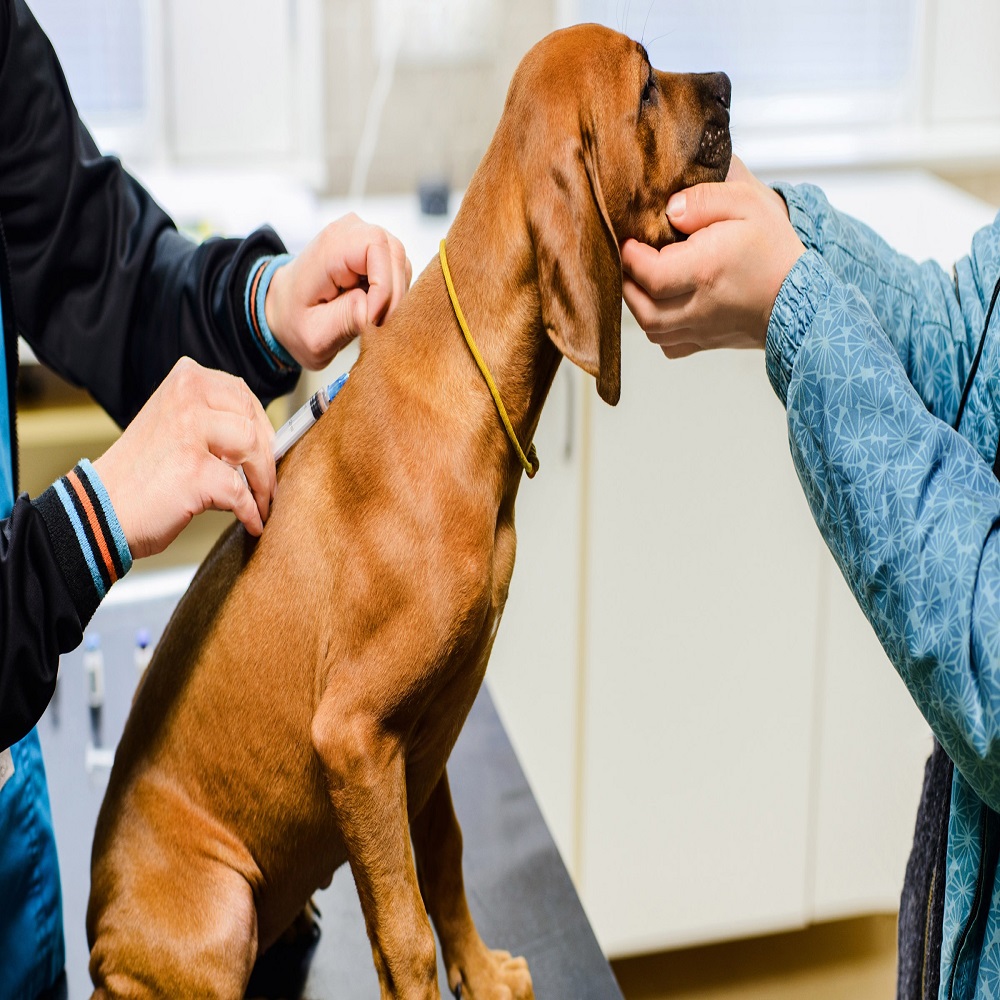
Preventive Measures and Vaccination
Preventing kennel cough involves several steps to minimize risk. Vaccination is a key method in helping protect dogs against this infection. Regular cleaning and proper care of dog areas are also important.
The Role of Vaccines in Prevention
Vaccines play a critical part in preventing kennel coughs. They help build immunity against the disease. Not all vaccines are 100% effective, so ongoing prevention is still important.
Environmental Management to Lower Risks
Reducing the risk of kennel coughs also involves managing the dog’s environment. Keep shared spaces clean. Ensure good ventilation in areas where dogs gather. This can help lower the chance of infection spread.
Understanding Zoonotic Risk
One common concern with kennel cough is its potential to jump from dogs to humans.
Can Humans Contract Kennel Cough from Dogs?
Kennel cough, mainly a canine issue, rarely affects humans. It’s caused by bacteria and viruses like Bordetella bronchiseptica, which can infect dogs and very rarely, immunocompromised humans. Contact with infected dogs or their items could pose risks, particularly in crowded or poorly ventilated areas.
To protect yourself, maintain good hygiene when around sick dogs. Wash hands thoroughly and clean clothes that might have come into contact with the dog. Most adults with healthy immune systems face little risk from kennel cough.
Protecting Immunocompromised Individuals
Immunocompromised people may face higher risks from kennel cough. It is important to isolate infected dogs from those with weakened immune systems. Clean their items regularly, and avoid handling dogs if you are at risk.
If you think your dog has kennel coughs, keep them away from both immunocompromised people and other animals. Disinfect their living area and belongings. In rare cases where transmission to humans has occurred, consult a doctor immediately. Strong hygiene and isolation practices are the best defenses against kennel coughs spreading to vulnerable individuals.
Cost Considerations and Management
When your dog has kennel cough, it’s important to understand the costs and how to manage them. Treatment costs can vary, and knowing what to expect can help you budget.
Estimating Veterinary Expenses for Treatment
The expense of treating kennel coughs depends on the severity. Mild cases may only need a vet visit and some home remedies. The cost often includes a physical exam and consultation. More severe cases could mean x-rays, blood tests, or a hospital stay. If antibiotics or prescriptions are needed, the cost will go up.
For simple cases, you might pay only for the vet visit. Complex ones can get costly, especially with extra care. Your location also affects prices, with city vet costs often higher. Plan for these expenses to avoid surprises.
Managing Recovery and Isolation at Home
Keeping your dog comfortable at home is key to recovery. Your vet may suggest rest, a humidifier, and a nutritious diet. Use a harness for walks, not a collar, to avoid throat irritation.
Isolation is important to stop the spread. Keep your dog away from others and sanitize their space. Clean bowls, toys and bedding with a bleach solution. Wash your hands after touching your dog or their items. Little steps can protect your family and other pets from is kennel coughs deadly for them.
Remember to keep your vet informed. Follow their advice and have patience. Most dogs recover well from kennel cough with proper care and time.






